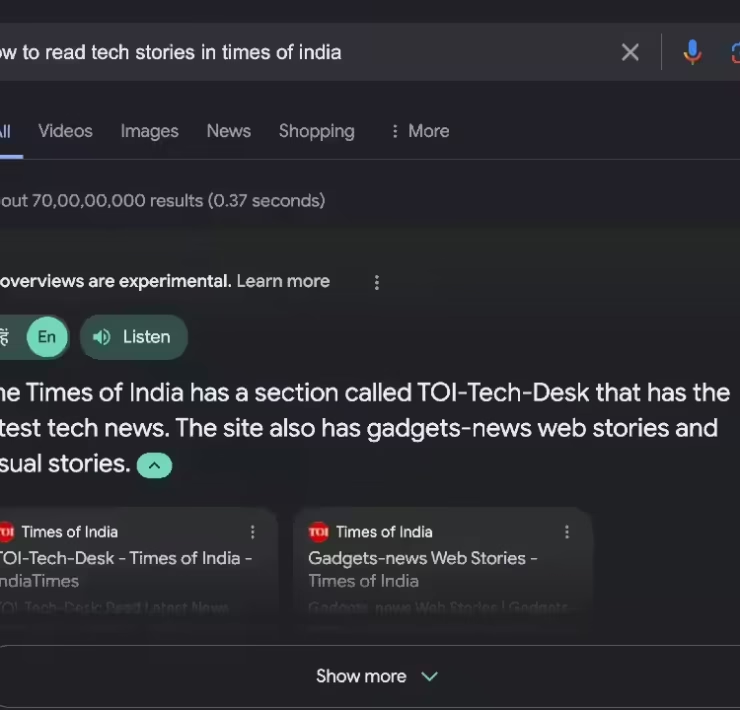
The growing influence of artificial intelligence in arts and culture is spurring interest and an influx of investments due to the unique nature of works and the market opportunity being created, the Minister of State for Artificial Intelligence, Digital Economy and Remote Work Applications said.
Arts and culture can benefit from new-age ideas, especially now that the world has reached a point where the convergence of digital and physical has become a reality, Omar Al Olama said.
“This as a trend has created a new wave of investments, a new wave of auctions, a new wave of excitement and of people investing in AI art,” Mr. Al Olama said during the World Conference on Creative Economy at Expo 2020 Dubai on Wednesday.
The rise of AI tools has made it easier for creators to express themselves and make their works more accessible to people, as well as removing costly or time-consuming tasks such as traditional drawing or painting.
The relationship between artists and AI is still evolving, according to the technology portal Towards Data Science, which also argues that AI could be another tool for artists.
There are no clear-cut figures regarding the market for AI art, but if auctions are to be taken into consideration, it has the potential to be lucrative. In October, Portrait of Edmond Belamy, the first AI-generated artwork sold at auction house Christie’s, fetched $432,500 – almost 45 times its estimate. AI art refers to pieces created by algorithms on feedback provided.
Botto, which calls itself a decentralized artist but is technically an AI algorithm that generates artwork based on community feedback, last month sold over $1.3 million at an auction of its first six non-fungible token creations.
The NFT sales surged 328 percent quarter-on-quarter to a record high of $10.7 billion in the third quarter of 2021, and a staggering 78,000 percent leap from only $13.7m in the first half of 2020, data from industry tracker DappRadar showed. Fittingly, NFTs from arts and collectibles were the most popular items.
These algorithms are going to be key in promoting the market forward, Mr. Al Olama said.
“The code itself is in the design, it’s a code where many of these systems are trained on art pieces and then are allowed to express themselves,” he added.
“We are seeing now that these systems are surely becoming tools that we can use to create new forms of expression and also tools that we take seriously in the future of governing this field.”
AI is also being used to considerably condense literary works. OpenAI, a research firm that counts Tesla chief executive Elon Musk as one of its founders, recently showcased an algorithm that can summarise lengthy books into a couple of sentences by first summarising the original text into sections, then into smaller sections and finally into the main idea of the book.
It published two famous titles to demonstrate its capabilities: Alice in Wonderland, whose 26,449 words were reduced to 136, and Romeo and Juliet, from 25,443 to 121.
Music is also being entrenched by AI technology. Merck Mercuriadis, a former music manager, formed the Hipgnosis Songs Fund to acquire music rights and use blockchain-traded NFTs to bring a new level of transparency to music royalties.
Mr. Al Olama also dismissed nagging concerns that AI will replace human jobs, saying it would complement humans and will allow them to perform duties better and in a more encouraging way.
“I don’t want to tell you that you’re going to be replaced by AI; if anything, I want to promote the fact that we’re going to be enabled by AI,” he said.
(Except for the headline, this story has not been edited by The Technology Express staff and is published from a syndicated feed)














